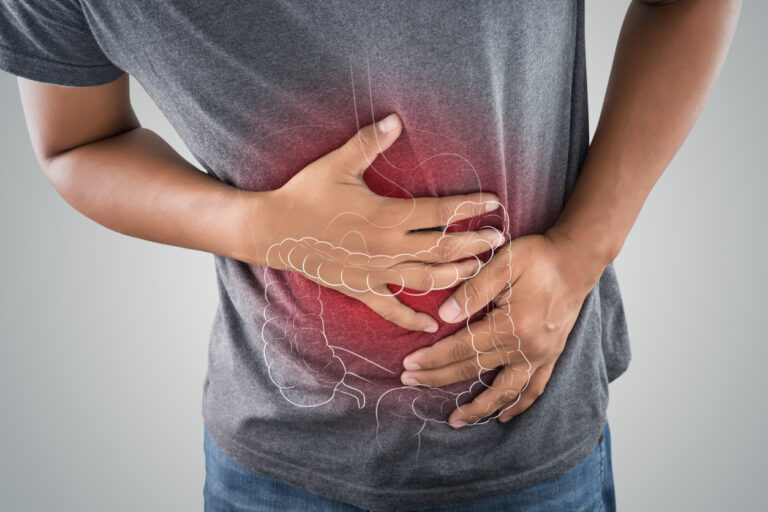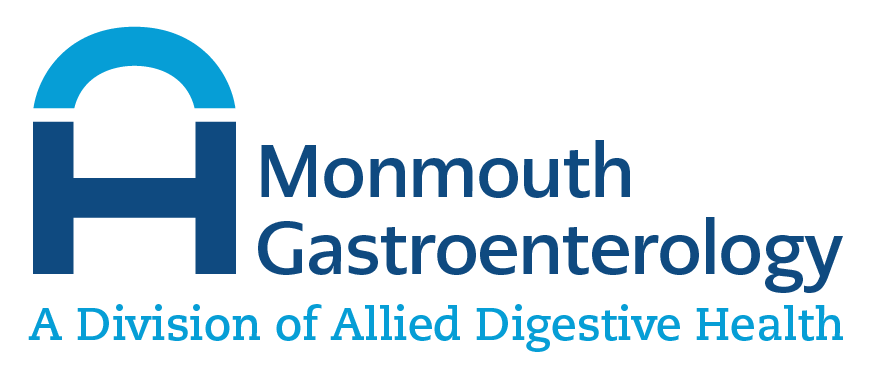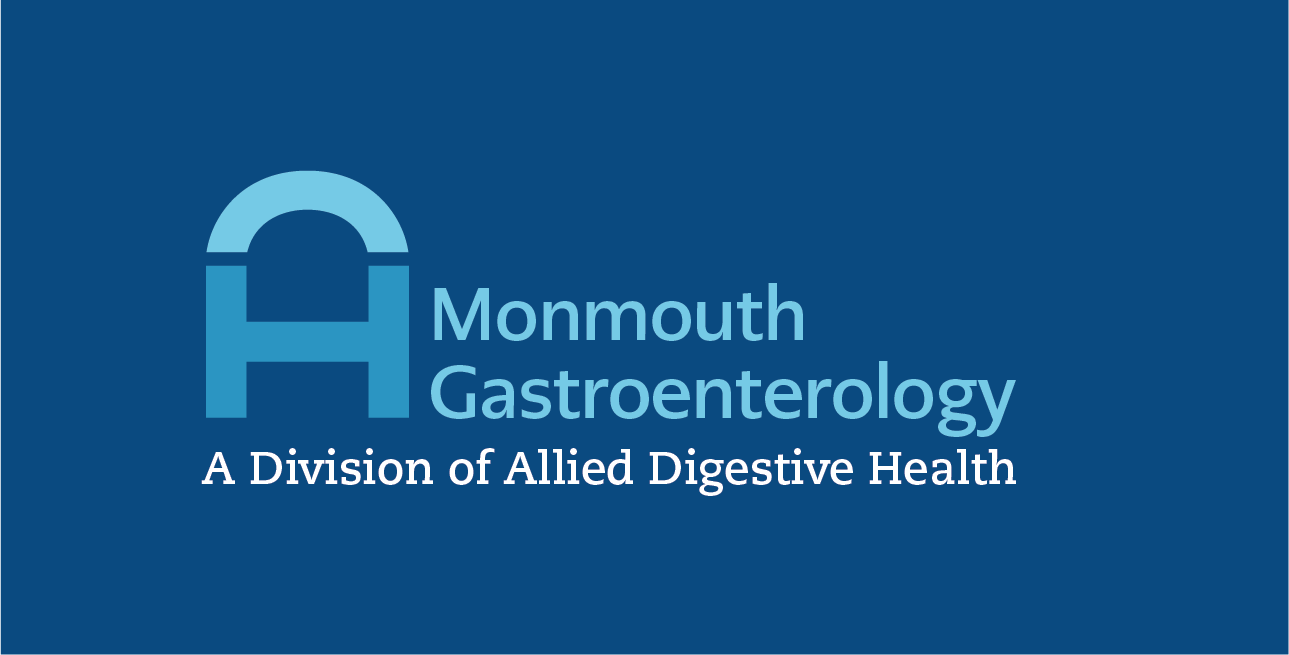Early Detection for Digestive Diseases

Young and healthy SHOULD go hand in hand, but in reality, that is not necessarily the case. Our constant exposure to pollutants, stress and poor eating habits plus genetic predisposition makes any age vulnerable. Don’t assume youth makes you immune.
Just like with anything else with a lot of moving parts, routine maintenance and checkups keep it running smoothly. You rely on your car to get you where you need to go, and not leave you stranded and in jeopardy. You take it in for routine maintenance and at the first sign something is amiss, you take it right to the shop for a thorough going over.
No matter how young and how fit you think you are…you rely on a healthy mind and body to live the life you want so…you are now an automobile and deserve the same treatment.
In the United States alone, digestive diseases presently affect an estimated 60- to 70-million people. Some of the symptoms can be embarrassing and uncomfortable to speak about. The medical checkup can be a bit invasive and uncomfortable, so people tend to avoid it or postpone it.
EARLY DETECTION CAN SAVE YOUR LIFE
Here are some of the common ones in no particular order…do they sound familiar?
GERD, aka Gastroesophageal reflux disease or acid reflux for short, is a condition that affects approximately 20-percent of Americans. It occurs when the lower esophageal sphincter becomes weak or relaxes when it shouldn’t. This allows the stomach acid to flow back up into the esophagus, which triggers that burning sensation in the chest known as heartburn as well as wheezing, sore throat, chronic cough, and difficulty swallowing.
GALLSTONES happen when the bile in your gallbladder form into hard deposits, typically because of high cholesterol, leading to symptoms of pain, nausea, fever, and infection in about 25% of cases. This affects around 20 million Americans, and often involves surgery to remove the gallbladder
CELIAC DISEASE is a condition where individuals have an immune reaction to consuming gluten, a protein that is found in wheat, rye, and barley. Although celiac disease is quite rare, affecting less than 1-percent of Americans, gluten sensitivity is very common. The gastro symptoms are abdominal pain, diarrhea, and bloating, but there are also allergic reactions involved. Left unchecked, this can cause damage to the lining of the intestine.
CROHN’S DISEASE is one of the many that are considered “inflammatory bowel disease”, causing abdominal pain, diarrhea, weight loss, fever, and loss of appetite. The treatment depends on which symptoms the patient experiences, but can include anti-inflammatory drugs, immunosuppressants, and surgery to repair the damaged digestive tract.
COLON CANCER, sometimes called colorectal cancer, typically affects older adults, although it can happen at any age. It usually begins as small, noncancerous (benign) clumps of cells called polyps that form on the inside of the colon. Over time some of these polyps can become colon cancers. New guidelines for Colon Cancer screenings at 45 years old! Warning signs are:
– A persistent change in your bowel habits, including diarrhea or constipation or a change in the consistency of your stool,
– Rectal bleeding or blood in your stool
– Persistent abdominal discomfort, such as cramps, gas, or pain
– A feeling that your bowel doesn’t empty completely
– Weakness or fatigue
– Unexplained weight loss
Waiting is not your friend when it comes to pain and discomfort. At Monmouth Gastroenterology, you are well cared for with our very well trained, experienced staff. You can be at ease, knowing you are getting some of the highest-level care for gastrointestinal, liver disease and colorectal cancer prevention, detection, and screening in the Monmouth & Ocean County area.
Footer
© All Rights Reserved


